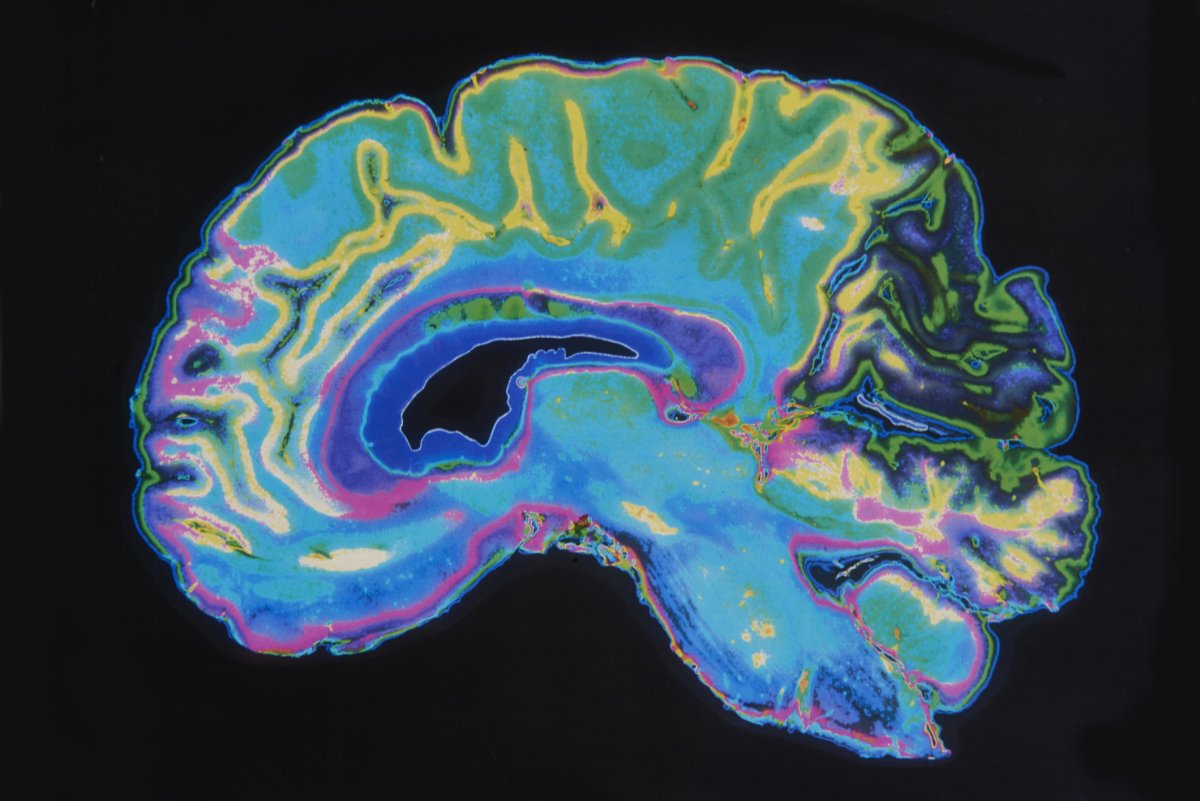Scientists may have discovered a new diagnostic tool for recognizing the early stages of Alzheimer's disease, providing hope for early detection in the future.
Alzheimer's affects roughly 5.8 million Americans, according to the Centers for Disease Control and Prevention. The progressive disease is the most common form of dementia and is associated with memory loss and cognitive decline in regions of the brain involved in thought, memory and language.
Scientists believe that Alzheimer's is caused by the abnormal buildup of proteins in and around the brain cells, but exactly what triggers this is still unclear.
Today, there is no known cure for Alzheimer's. However, new medications may offer relief to patients and slow down the development of symptoms, particularly if it is diagnosed early.

"The disease starts to develop 20 years before the onset of symptoms, so it's important to detect it early—especially given the retardant medicines that are starting to arrive," Per Nilsson, one of the study authors, said in a statement. Nilsson is an associate professor at the Department of Neurobiology, Care Sciences and Society at the Karolinska Institutet in Sweden.
In 2022, scientists developed a simple blood test that can detect abnormally folded proteins, and thus the early signs of Alzheimer's, before the disease's symptoms begin to manifest.
However, in the latest study, published in the journal Molecular Psychiatry, Nilsson and his team discovered a hallmark of the disease that may allow for even earlier diagnostic testing: a metabolic increase in the brain's hippocampus, a part of the brain involved in memory and learning.
"Interestingly, changes in metabolism can be seen before any of the characteristic insoluble plaques have accumulated in the brain," Maria Ankarcrona, a professor and co-author of the study, said in a statement.
"The different energy balance tallies with what we've seen in images of the Alzheimer brain, but we've now detected these changes at an earlier stage."
To analyze these metabolic changes, the team studied the cells in the hippocampus of mice at different stages of Alzheimer's progression. One of the changes they observed was an increase in metabolism in the mitochondria, the energy-producing powerhouses of the cell.
This metabolic increase was partnered with a disruption in the mice's cellular recycling systems, causing parcels of damaged proteins to accumulate at the junctions between nerve cells in the brain.
"These findings highlight the importance of retaining functional mitochondria and normal protein metabolism," Nilsson said. "Going forward, we'll be able to do tests on mice to see if new molecules that stabilize mitochondrial and autophagic (cellular recycling) function can retard the disease."
Uncommon Knowledge
Newsweek is committed to challenging conventional wisdom and finding connections in the search for common ground.
Newsweek is committed to challenging conventional wisdom and finding connections in the search for common ground.
About the writer
Pandora Dewan is a Senior Science Reporter at Newsweek based in London, UK. Her focus is reporting on science, health ... Read more
To read how Newsweek uses AI as a newsroom tool, Click here.








